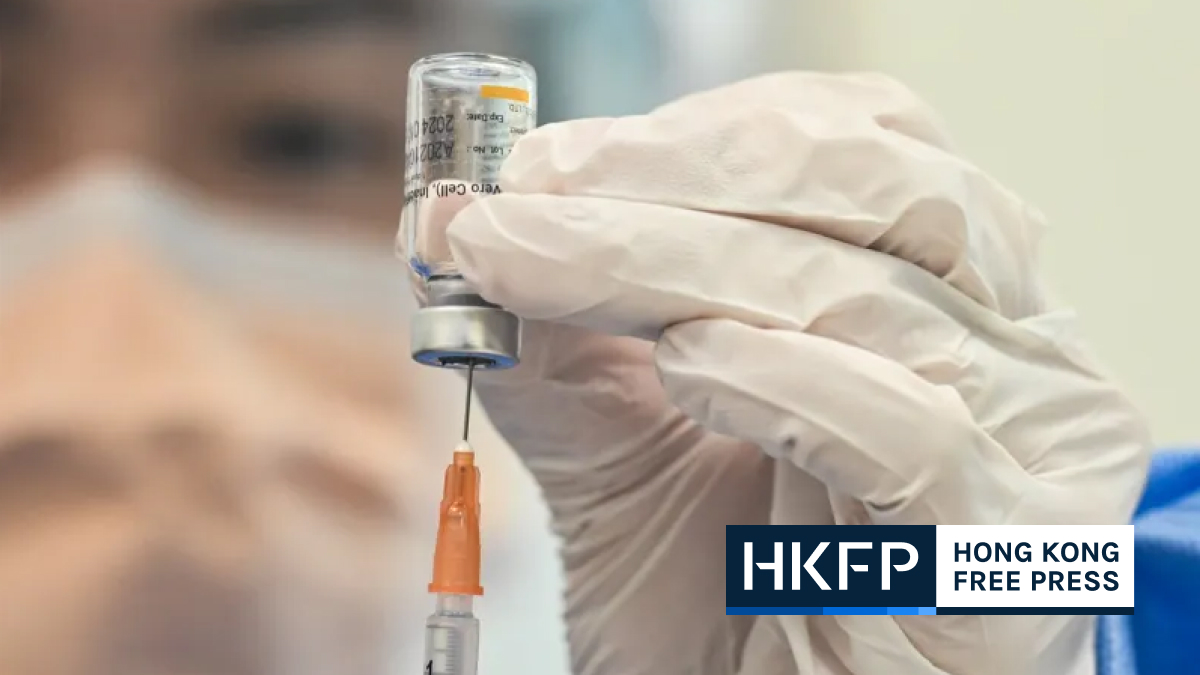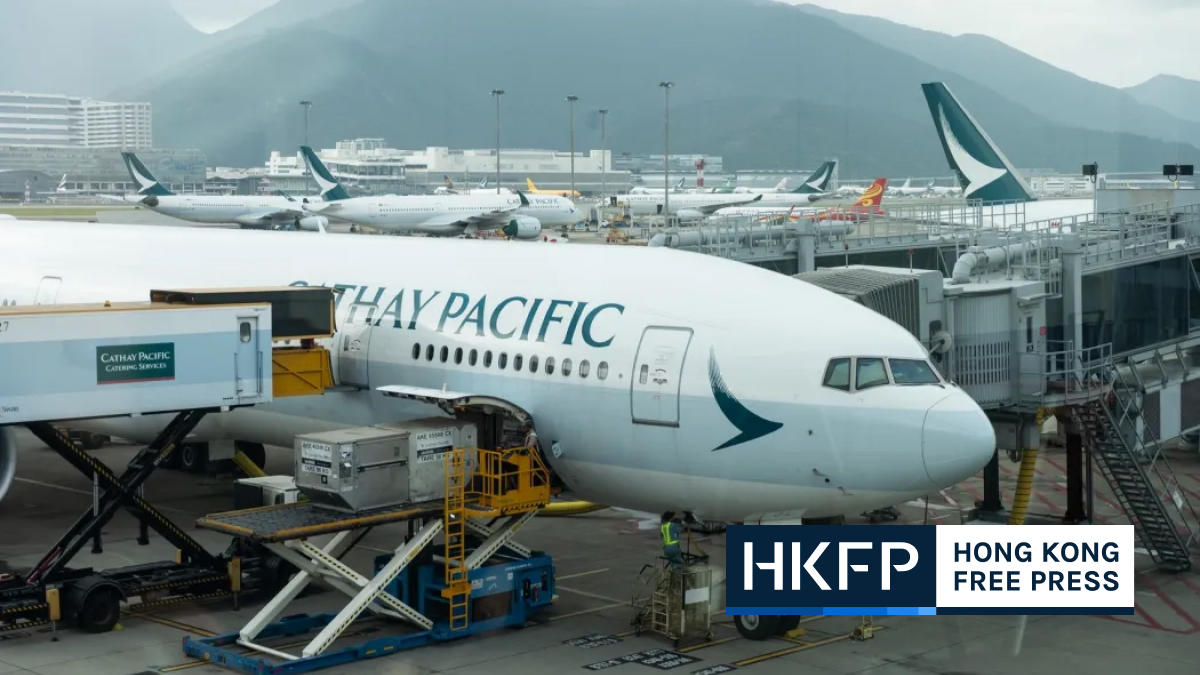Children as young as six months will be able to receive a Sinovac Covid-19 jab from Thursday, the government has announced, after a group of medical experts suggested lowering the age threshold for vaccination.
On Monday, health officials announced that a 22-month-old had died after contracting Covid-19.

The government made the announcement on Tuesday, the day after a panel of experts proposed giving children aged six months to under five years a three-dose series for a BioNTech vaccine, with each dose being one-tenth of the adult dose. For the Chinese-manufactured Sinovac jab, those between six months and three years of age will also receive three doses, but the dosage will be the same as in older children and adults.
Those who opt for their toddler to receive the Sinovac jab can get the first dose as early as Thursday. Parents can make an appointment through the government’s online Covid-19 vaccination booking system.
‘Baby version’
The government would try to purchase a one-tenth dosage “baby version” of the BioNTech vaccine from the pharmaceutical company, Lau Yu-lung, the chairman of the Scientific Committee on Vaccine Preventable Diseases, said on an RTHK programme on Tuesday.
BioNTech offered three different vaccine formulations for adults, children and young children, with children meaning those aged five to 11, and young children referring to those between six months old and four years old.
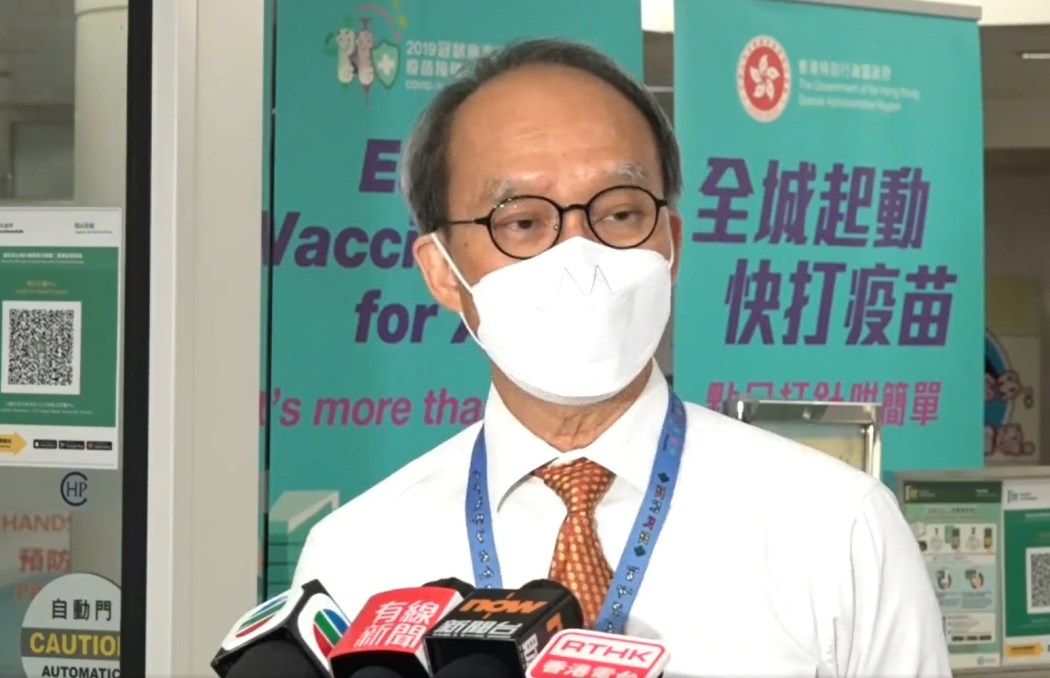
Lau said that if authorities could not secure the formulation for young children, Hong Kong could “conduct its own dilution” of the adult dosage. That remark, however, was disputed by William Chui, president of the Society of Hospital Pharmacists of Hong Kong.
“We are not using dilution to achieve the children dosage,” Chui told HKFP. “We are using less volume of withdrawal. It’s nothing related to dilution.”
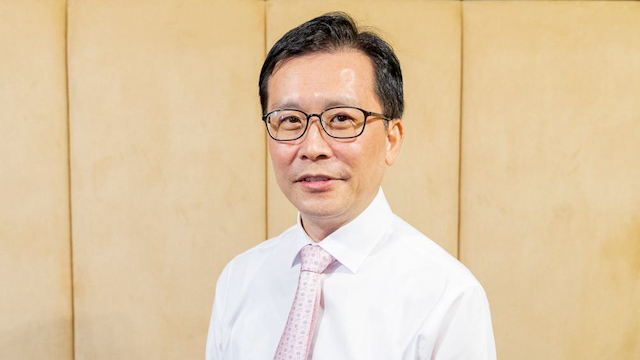
Chui said that the BioNTech vaccine had to be diluted with saline before it could be administered into the human body. The one-tenth and one-third dosage for young children and children respectively were achieved by controlling the volume of withdrawal, also known as the “fractional dose” method, Chui said.
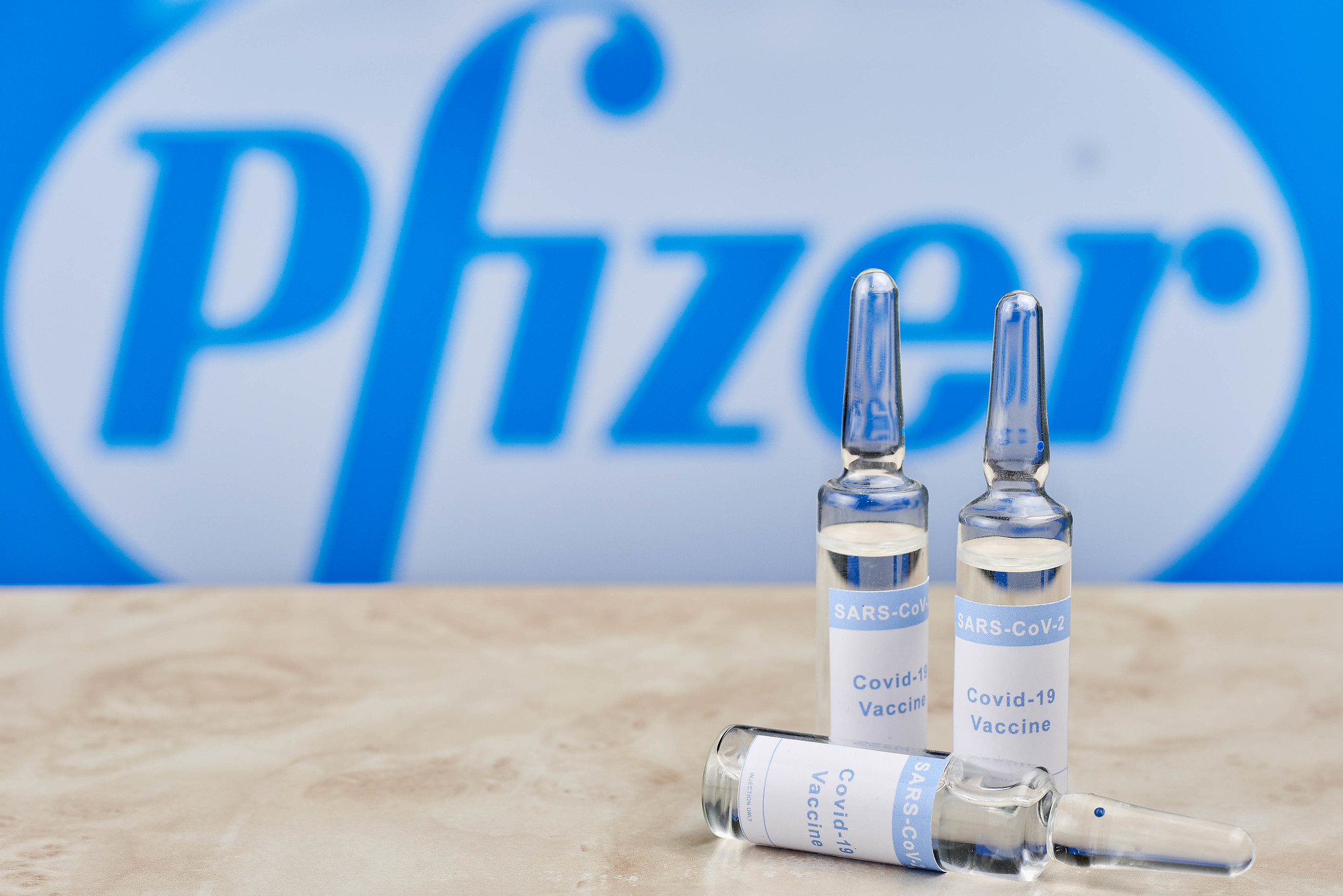
Chui also said that to obtain the one-tenth dosage for young children, it would be better to extract it from the formulation for children, instead of from the adult one.
“We have to withdraw one-tenth of the adult dosage. One-tenth of the dose means we have to withdraw 0.03 millimetres,” Chui said. “It is not difficult… but the volume is too small, that’s why the error rate is very high.”
“If you withdraw higher than 0.03ml, the chance of having the adverse effect or the side effect may be high. In opposite, if you withdraw lower than 0.03ml, [it] means that the immune response may not be so ideal… In other words, the level of neutralising antibodies be affected… meaning the protection may be lower,” Chui said.
Fourth jab
The expert panel also recommended that people aged 50 or above to get a fourth dose of Covid-19 vaccine three months after their third. Eligible residents can also book their slot as early as Thursday. Lau said that experts have stressed that the vaccine was not meant to prevent infection, but instead to prevent Covid-related severe diseases and death.

“The physical condition starts to deteriorate when you reach 50 to 59 years old and they may suffer from more underlying diseases such as cancer, kidney and blood sugar-related diseases. These risks accumulate and so we hope with the vaccination, if they are infected, the rate of death is lower,” Lau said.
As of Monday, 93 per cent of population aged three years or above had received a first dose and 89.5 per cent had two doses. The third-dose rate was 67.4 per cent for people aged 12 or above. The vaccination drive was launched in February last year.
Hong Kong has recorded 1,362,371 Covid-19 infections and 9,520 related deaths since the pandemic began.
Support HKFP | Policies & Ethics | Error/typo? | Contact Us | Newsletter | Transparency & Annual Report | Apps
Help safeguard press freedom & keep HKFP free for all readers by supporting our team



